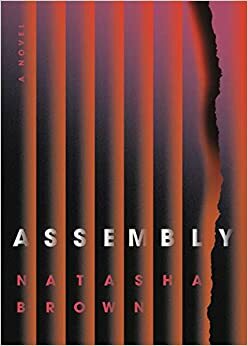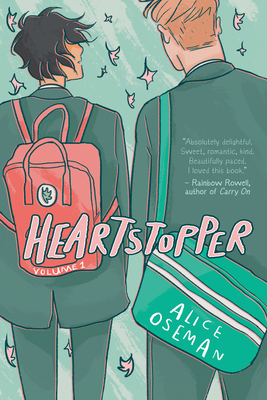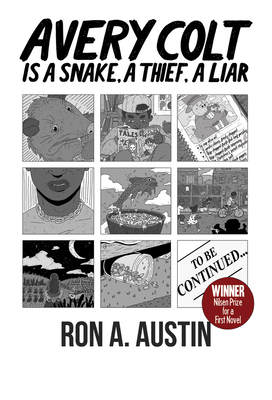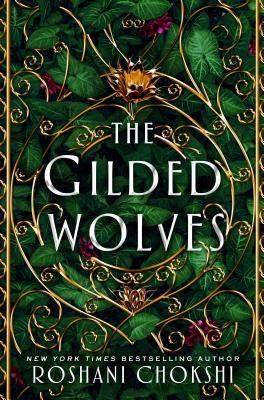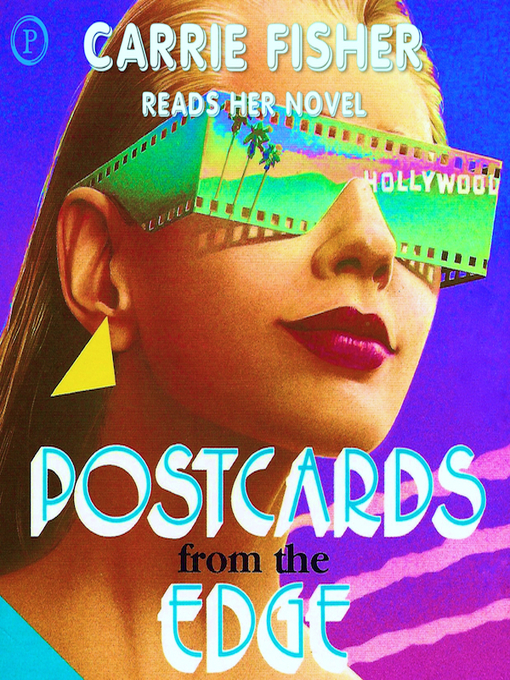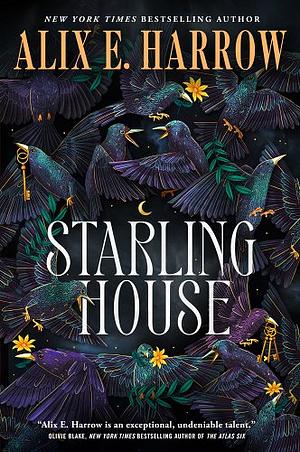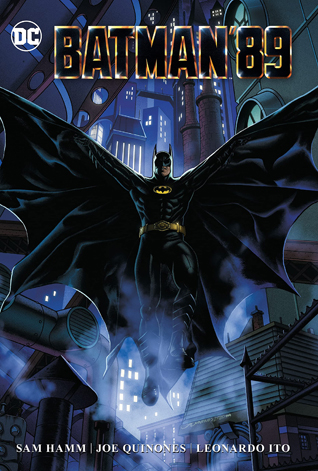This fictionalized historical graphic novel contains some characters that are amalgams and some that are real people. One real life black officer given some focus in the story is jazz band conductor James Reese Europe. Max Brooks explains at the end that he originally wrote a screenplay to tell the story of this African American regiment that fought in WWI. When no studios or producers bought it he eventually turned it into this graphic novel. It is exciting like a good historical movie. Life and death for the soldiers in the trenches and no man's land of France is, of course, gruesome. Racism is faced throughout their training in America and assignments "Over There." The popular song of the period How Ya Gonna Keep 'em Down on the Farm is sung by the soldiers many times, and it got stuck as I heard it in my head. The song takes on special meaning as the men think about how they will be treated when, or if, they return to America. The Harlem Hellfighters fought separately, but under French command, as top American military personnel routinely worked to repress them. The narrative structure of this story kept reminding me of the Civil War movie from 1989 Glory. This regiment in WWI fought valiantly and achieved much that sadly has often not been taught in American history.


